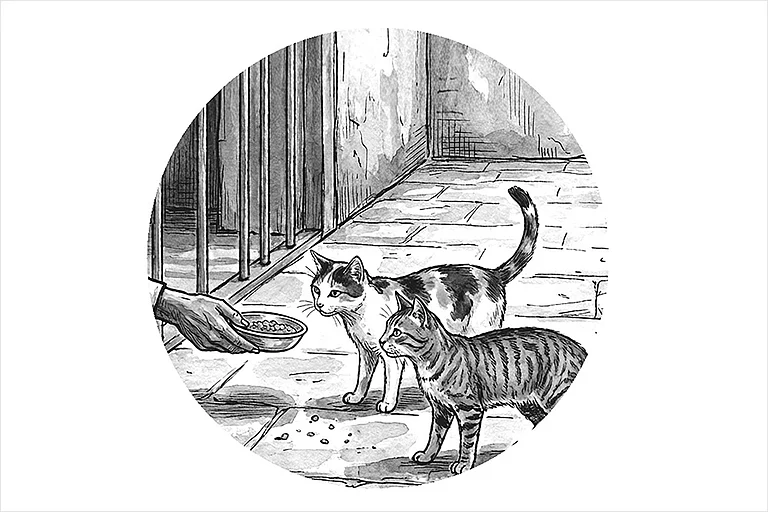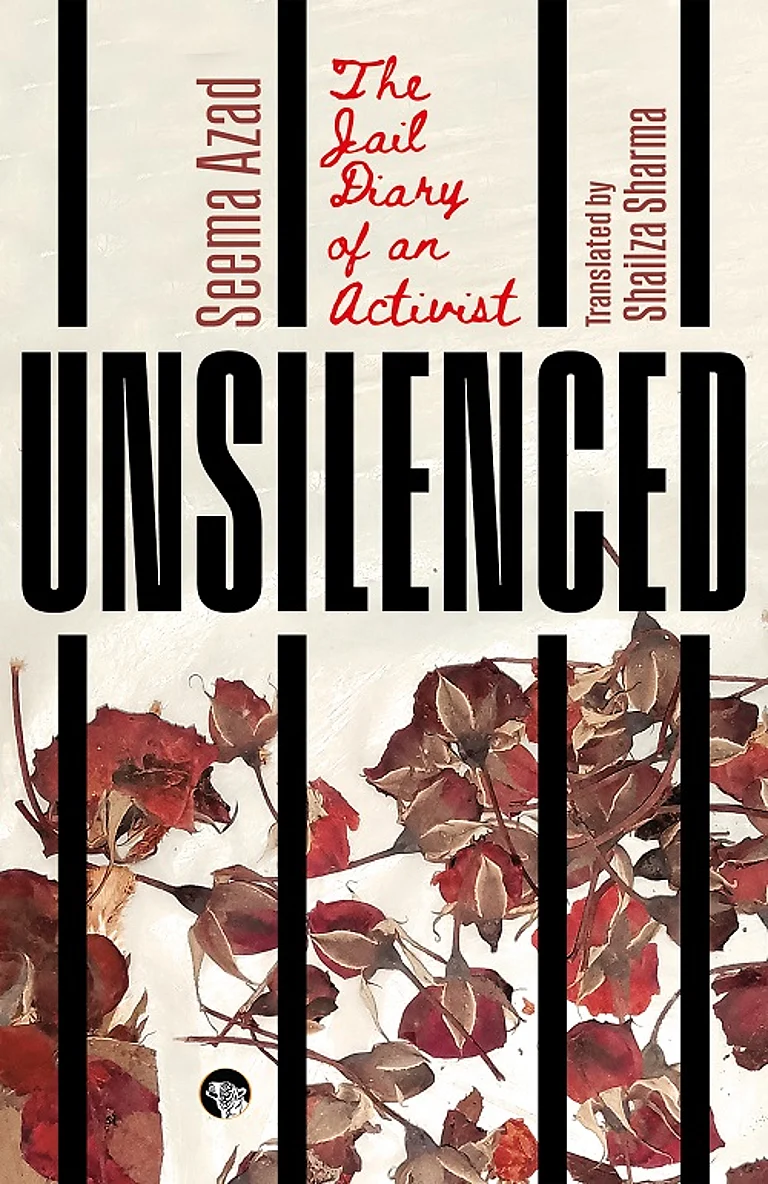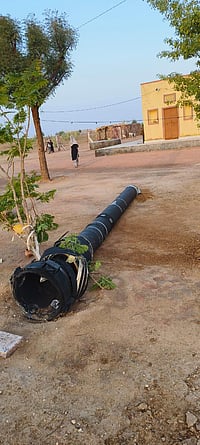In a recent move, the Jaipur Development Authority (JDA) issued an order on July 30, allocating the land occupied by the Sanganer open prison—Sampurnanand Khula Bandi Shivir (located approximately 25 km from Jaipur)—on a 99-year lease to the Director (Public Health), Medical and Health Services, Rajasthan, for expanding a satellite hospital. The terms also state that the medical department will coordinate with the jail authority to remove the houses built by the prisoners.
Set up in 1963, the Sanganer open prison in Jaipur, known for the rehabilitation of convicted prisoners, has been a success story for many open prisons across India. Currently, the total number of prisoners in this jail is around 400, excluding those who are out on parole. More than 200 inmates have families living with them, making the total population around 900. The inmates, who work as daily wagers within a 10-kilometre radius, pay for their water and electricity. On the campus, there is a primary school attended by the children of the inmates.
However, the JDA's order has put the lives and livelihoods of the prisoners and their families in limbo.
Livelihood of Inmates in Limbo
The People's Union for Civil Liberties (PUCL) has termed the order as brazen.
“The allotment of 2.2 hectares (21,948 sq m) of the 3.04 hectares (30,400 sq m) of the Sampurnanand Open Air Camp (Jail) to the Medical and Health Department for a satellite hospital is shocking. This act by the Jaipur Development Authority (JDA) and the Government of Rajasthan (GOR) is a scandal. Of the 3.04 hectares, the open camp (jail) has now been reduced to approximately 0.84 hectares (8,452 sq m), with more than two-thirds of its land being taken away. This would not only remove most of the houses built by the inmates but also the school, Anganwadi, quarters, office, hall, and other resources,” reads the statement issued by the PUCL.
Vulnerability of the Open Air Camp Prisoners
In a recent press conference held in Jaipur, the National President of PUCL, Kavita Srivastava, said, “We empathize with the trials and tribulations of the people of Sanganer, who face a scarcity of public health institutions in the area. But the hospital should not be established by taking land from the open camp (prison). With this allotment of the open camp land to the Medical and Health Department, the Government of Rajasthan has clearly shown contempt for the court. The PUCL and other organisations will either assist the Amicus Curiae or, as intervenors, challenge this in both the High Court and the Supreme Court, but we will not let this continue.”
According to the PUCL, the land that the Open Air Camp (Jail) has held for the last six decades was taken away so easily because the larger perception of the GOR is that prisoners don’t need much space—they can be confined to small areas and live in subhuman conditions. “Most importantly, they knew that the inmates would not protest against the State, as they would not wish to lose their freedom of being in an open camp (jail) and living with their families. The State took advantage of this vulnerability of the prisoners,” reads the statement issued by the PUCL at a press conference in Jaipur.
“Even the Supreme Court, in the case of Suhas Chakma vs. the Union of India and Others, had instructed the State of Rajasthan to present its open camp (jail) as a best-practice case study for other states to learn from. It was the time to strengthen the infrastructure of the open camp (jail), including housing, water, sanitation, electricity, the school, and the Anganwadi,” mentions the statement.
“Essentially, the attack on the open air camp (jail) is an attack on the idea of restorative justice and correctional spaces. The idea was to provide a community space for the open camp (jail) inmates. It was also open to outsiders; for instance, children from the neighbouring colonies came to play football and other games in the open space of the open camp (jail), naturally integrating the children of the prisoners with outside children and adults,” added activist Bhanwar Meghwanshi, Rajasthan President PUCL.
According to the data shared by PUCL, out of the 51 open-air camps in Rajasthan, which have a capacity for housing 1,600 prisoners, the current occupancy is only 1,339 (84% of the total capacity).



























